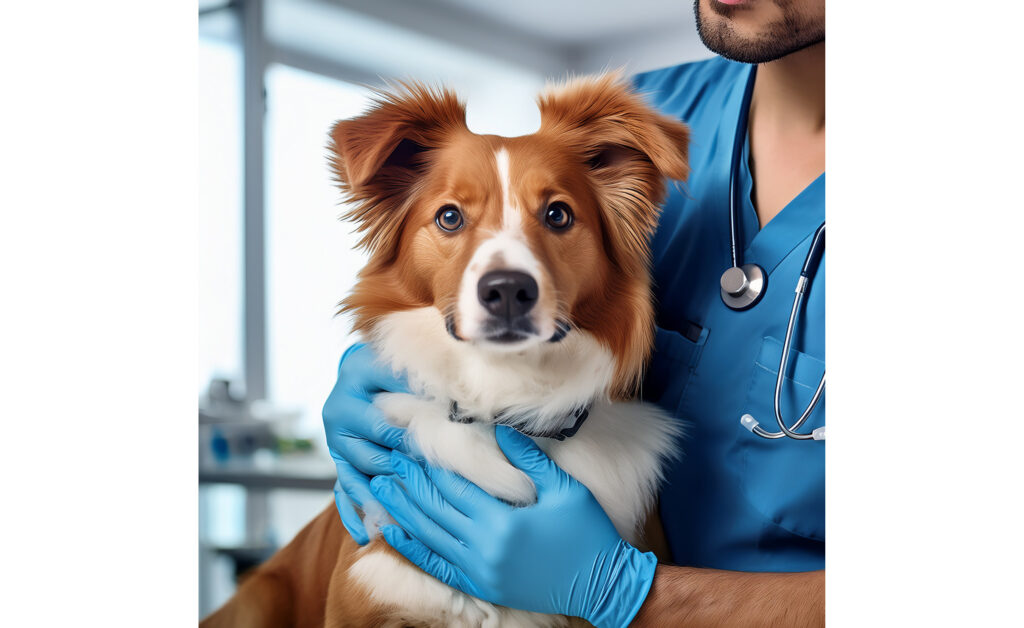Words Jacqueline Nicoll, K & Co. Marketing
Let’s face it: most pets don’t love going to the vet. The moment the carrier comes out or the leash gets clipped in an “unusual” way, pets everywhere activate full drama mode. There’s squirming, suspicious side-eyes, and sometimes, a very specific form of betrayal you can only get from a cat forced into a crate. So it’s easy to understand why many pet owners quietly delay those annual checkups, after all “they seem fine, right?”
Well, just like humans can look perfectly healthy while their cholesterol is plaquing behind the scenes, pets can also mask problems like pros. That’s why regular vet visits matter, even when your furry friend appears to be thriving.
Dogs and cats, despite being members of our modern households, still have some very old-school survival instincts. In the wild, showing signs of weakness meant becoming someone’s lunch, so many animals evolved to mask discomfort or illness until things get serious.
By the time you notice something’s off, let’s say, they’re not eating, or they’re sleeping more than usual (which for a cat is saying a lot), the issue may already be advanced. Regular checkups help catch things like kidney disease, dental infections or early arthritis before your pet starts broadcasting distress signals.
Preventative care isn’t just a nice idea, it can actually save you money in the long run. Vets can spot early warning signs of conditions like diabetes, heart disease or obesity and help you address them with preventative care, before they become costly emergencies. Once a disease is already in motion, most of the handling usually is about managing the symptoms, instead of an actual cure.
Regular vet visits aren’t just about catching disease; they’re about making sure your pet is living their best life. That means checking for things like dental health (bad breath isn’t just gross: it could mean painful infections), mobility issues, or even signs of autoimmune disease.
Your vet can help with dietary recommendations, behaviour concerns or ways to make your senior pet more comfortable. They’re not just there to have a quick chat, a listen to the heart, and be on your way. They’re a partner in your pet’s long-term well-being. Plus, when your vet gets to know your pet over time, they’re more likely to notice when something’s “off,” even in subtle ways.
If you’ve been putting off your pet’s checkup because they seem fine, consider this your friendly nudge. Regular vet visits might not be your pet’s favourite outing (or yours), but they’re one of the best things you can do to ensure a long, healthy, tail-wagging or purring life.
And with the holiday season around the corner, it’s worth giving a second thought to the festive chaos, such as the rich foods, decorative plants, and tempting but toxic treats that can quickly turn into a surprise trip to the vet. Awareness now can save everyone some stress (and a big bill later).
Your pet may not be able to say “thank you” (and let’s be honest, the cat wouldn’t even if they could), but you’ll see it in their relaxed stretch, their happy tail wag, or the way they quietly follow you from room to room like your second shadow.




